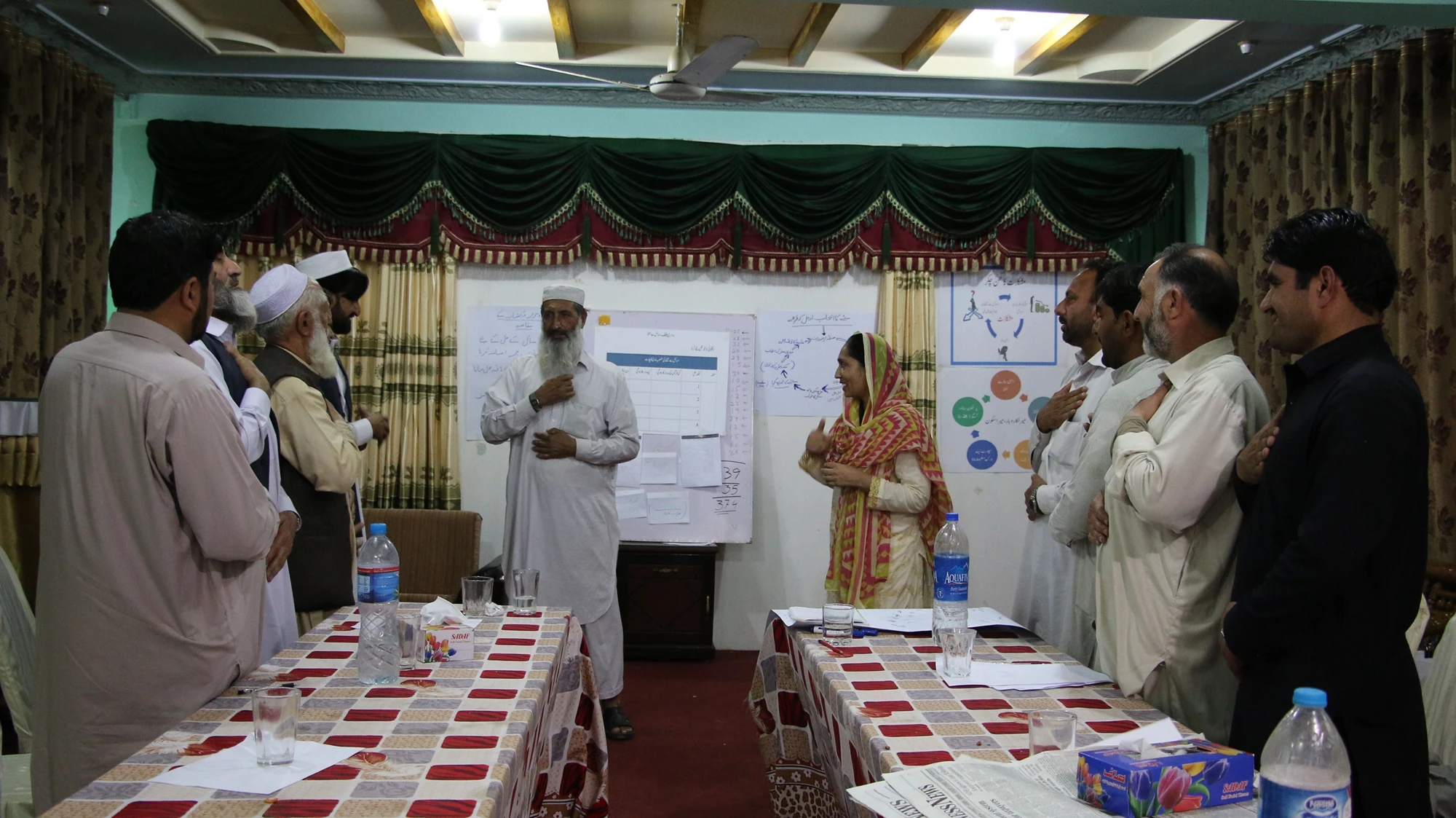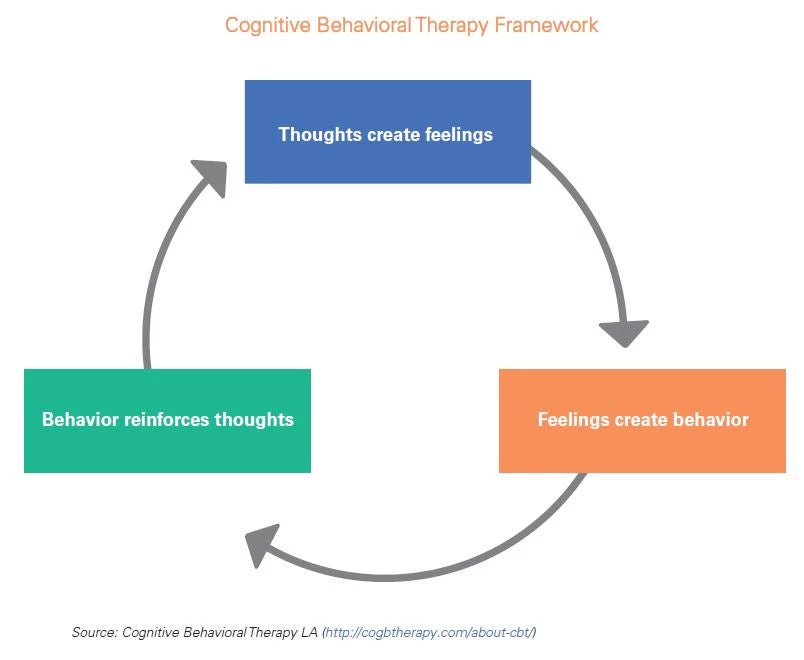 Stress Management Through Breathing Exercises
Stress Management Through Breathing Exercises
October 10 marks World Mental Health Day. Mental disorders impose an enormous disease burden on societies throughout the world. Depression alone affects 400 million persons and is the single largest contributor to years lived with disability globally. Worsened by low levels of investment and effective treatment coverage, mental disorders also have serious economic consequences: depression was estimated to cost at least US$ 800 billion in 2010 in lost economic output, a sum expected to more than double by 2030. Projects funded by the World Bank Group are supporting the delivery of mental health interventions as part of integrated service delivery programs. This blog showcases a World Bank ongoing research project linking improvements in mental health of entrepreneurs, after conflicts and natural disaster situations, to business outcomes.
Owning and operating a small or medium enterprise (SME) can be an incredibly stressful exercise, placing huge pressure on the entrepreneurs behind these businesses. When this economic stress is combined with living in a crises affected area, such as the Khyber Pakhtunkhwa (KPK) province of Pakistan, this is not only challenging to these entrepreneurs, but also to the local economies that rely on them as job creators. And yet, few proven interventions are known that can help improve mental health of entrepreneurs, and consequently, their business performance.
How can we equip SME entrepreneurs in conflict-affected areas to develop better cognitive and behavioral skills to cope with the mental health challenges they face on a daily basis? A recently published World Bank report titled “A Study of Fragility, Entrepreneurship and Mental Health: Investing in Better Cognitive and Behavioral Skills for Small Medium Enterprise Entrepreneurs to Thrive in Conflict-Affected Areas of Pakistan” explores this issue in detail. A summary of the results can be found in a companion paper here.
Our team implemented a five-week group Cognitive Behavioral Therapy training called Problem Management Plus for Entrepreneurs (PM+E) in KPK. The selection of the training was done after reviewing the literature on existing interventions and conducting on-the-ground needs assessment. These suggested a good fit for the Problem Management Plus (PM+) curriculum designed by the World Health Organization which was then contextualized to the needs of entrepreneurs in Pakistan by the Human Development Research Foundation. The main modules were stress management, problem solving, behavioral activation, strengthening support networks, and self-care.
Using a Randomized Control Trial set-up, the study found that the PM+E training, when coupled with existing cash grant programs, allowed entrepreneurs to experience significantly better mental health results than cash grants alone. The sample size included 235 small business entrepreneurs in KPK, all of who received a cash grant from an ongoing World Bank emergency operation. Only half of the sample received the treatment of PM+E training. Randomization was done at the individual level and balanced at baseline.
Entrepreneurs in the treatment arm experienced statistically significant reduction in the intensity and prevalence of depression and anxiety symptoms and higher levels of well-being compared with the control group. Participants in the treatment arm also enjoyed a substantial decline in the odds of experiencing depression and anxiety compared to the control group (odds ratio of 0.46 for treatment group to control group).
Local non-specialist providers in KPK were trained by master trainers and delivered the training. This was the key to the outcomes of this program. Without the need to fully import trainers from cities, the program was made longer and more in-depth, while increasing the comfort level of participants in widespread areas of KPK. This also helped scale the program easily as dependency on expensive and scarce trainers from cities was not critical to achieving results.
Despite encouraging results, however, there are lessons to be learned:
- The nature of operating in conflict-affected contexts creates challenges of attendance and attrition.
- A heterogenous participant group meant that forming working groups that aligned by characteristics (gender, firm size and industry) was both important and difficult. A larger sample size would ease some of these issues.
- Finally, and positively, many SME entrepreneurs who had employees demonstrated a desire to pass along their lessons, meaning that all training could be applicable to the local context as a whole, not simply the individual entrepreneurs.
These results contribute towards developing a core robust literature of mental health intervention for entrepreneurs in the developing world, and the results are especially promising to those who suffer from mild to moderate depression and anxiety. It presents a promising vision of the future of mental health treatment and socio-emotional training for adult breadwinners impaired by distress in communities exposed to adversity. Existing research from the Organisation for Economic Co-operation and Development (OECD) demonstrates a loss in productivity for employees who experience these afflictions, demonstrating the value of this treatment, and the need for future investigation and testing in conflict-affected areas not covered by the OECD work.
Our research in Pakistan is ongoing with more data being collected on improvements in mental health and business outcomes in the coming months. Stay tuned!




Join the Conversation